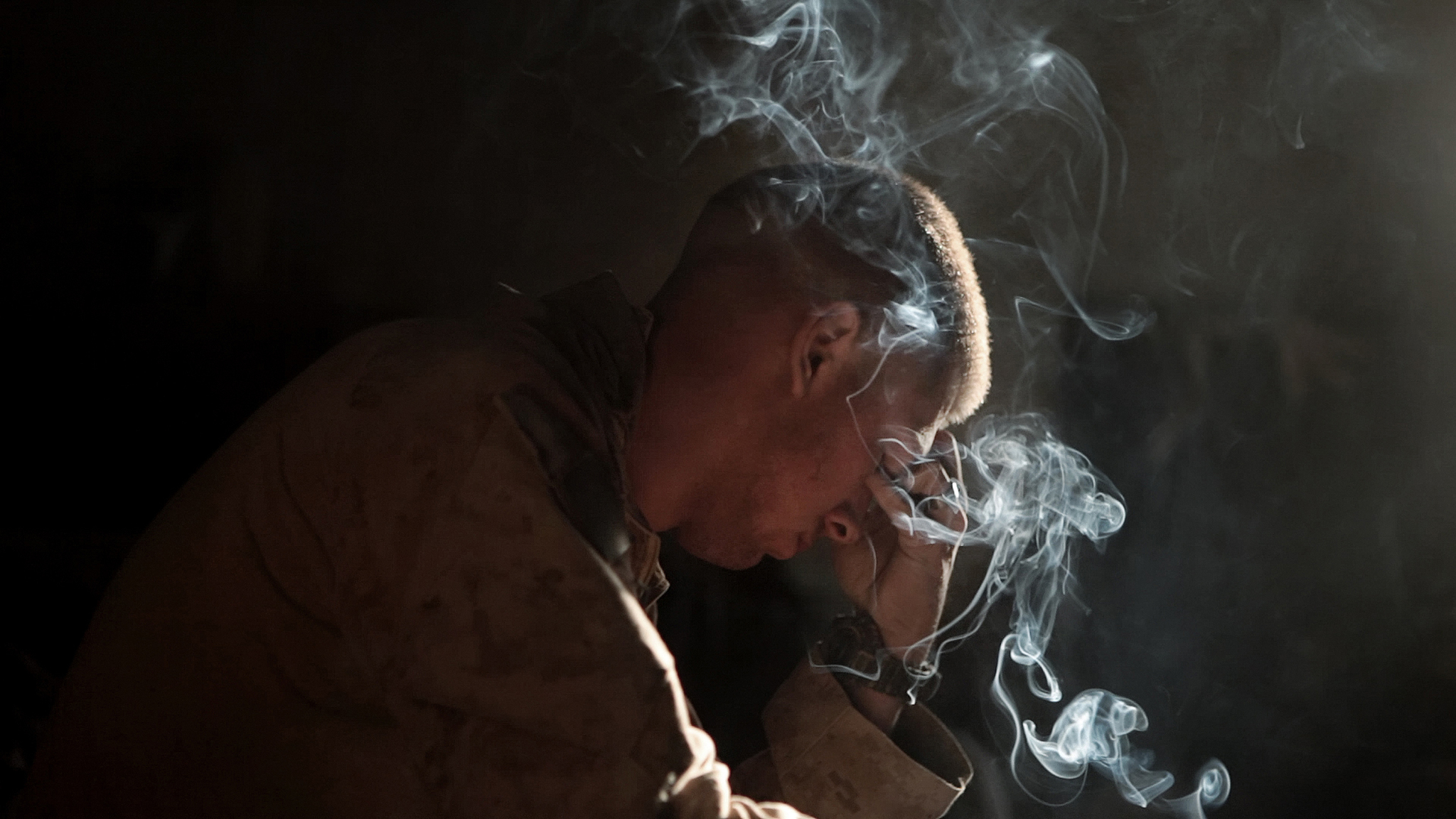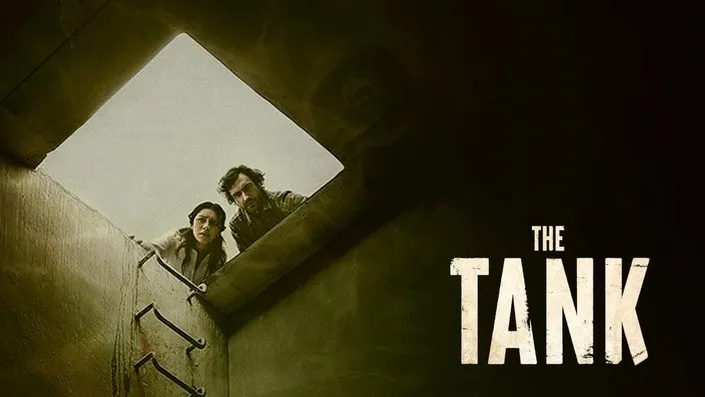Hell and Back Again (2025) doesn’t just revisit war—it lays bare the brutal silence that follows when the bullets stop.
Hell and Back Again (2025) is a raw, urgent, and emotionally charged continuation of the 2011 Oscar-nominated documentary, now reimagined as a hybrid docu-drama that plunges deeper into the scars left by war—both visible and invisible. Directed by an emerging voice in war cinema, this sequel doesn’t just revisit the battlefield; it turns the camera inward, examining what it means to return, to rebuild, and to live with memories that refuse to fade.
This updated narrative follows a new generation of U.S. veterans who fought in the Middle East, now struggling to reintegrate into civilian life amid rising mental health crises, political disillusionment, and the silence of a society that no longer watches. Among them is Sergeant Lena Torres, a decorated combat medic whose body survived the war but whose mind hasn’t come home. Her story intertwines with that of Malik Hayes, a former Marine now confronting PTSD, addiction, and the guilt of those he couldn’t save. Their parallel journeys reveal not only the trauma of combat, but the quieter, ongoing war of returning to a world that feels alien.

Unlike its predecessor, Hell and Back Again (2025) uses dramatized scenes based on real interviews, blending realism with cinematic intensity. The camera lingers in hospital corridors, counseling sessions, family dinners, and moments of isolation that speak louder than any gunfire. Flashbacks to combat are shot in grainy handheld style, evoking memory more than documentation—fragmented, brutal, and often distorted by grief. It’s not about what happened, but how it echoes through every moment after.
The film also dives into the complex systems meant to support returning soldiers. It raises hard questions: Why are so many left behind by the very country they fought for? Why is healing so bureaucratic, so impersonal? Interviews with veterans, social workers, and military officials ground the drama in lived experience. At its heart, this isn’t just a story about war—it’s about what it means to carry war inside you when the world expects you to move on.

Hell and Back Again (2025) is both deeply personal and politically resonant. It refuses to offer simple solutions or wrap trauma in sentimentality. Instead, it dares to sit in the pain, the numbness, and the slow, painful work of trying to feel whole again. For veterans, it’s a mirror. For civilians, it’s a wake-up call. And for everyone, it’s a haunting reminder: coming home doesn’t always mean the war is over.



